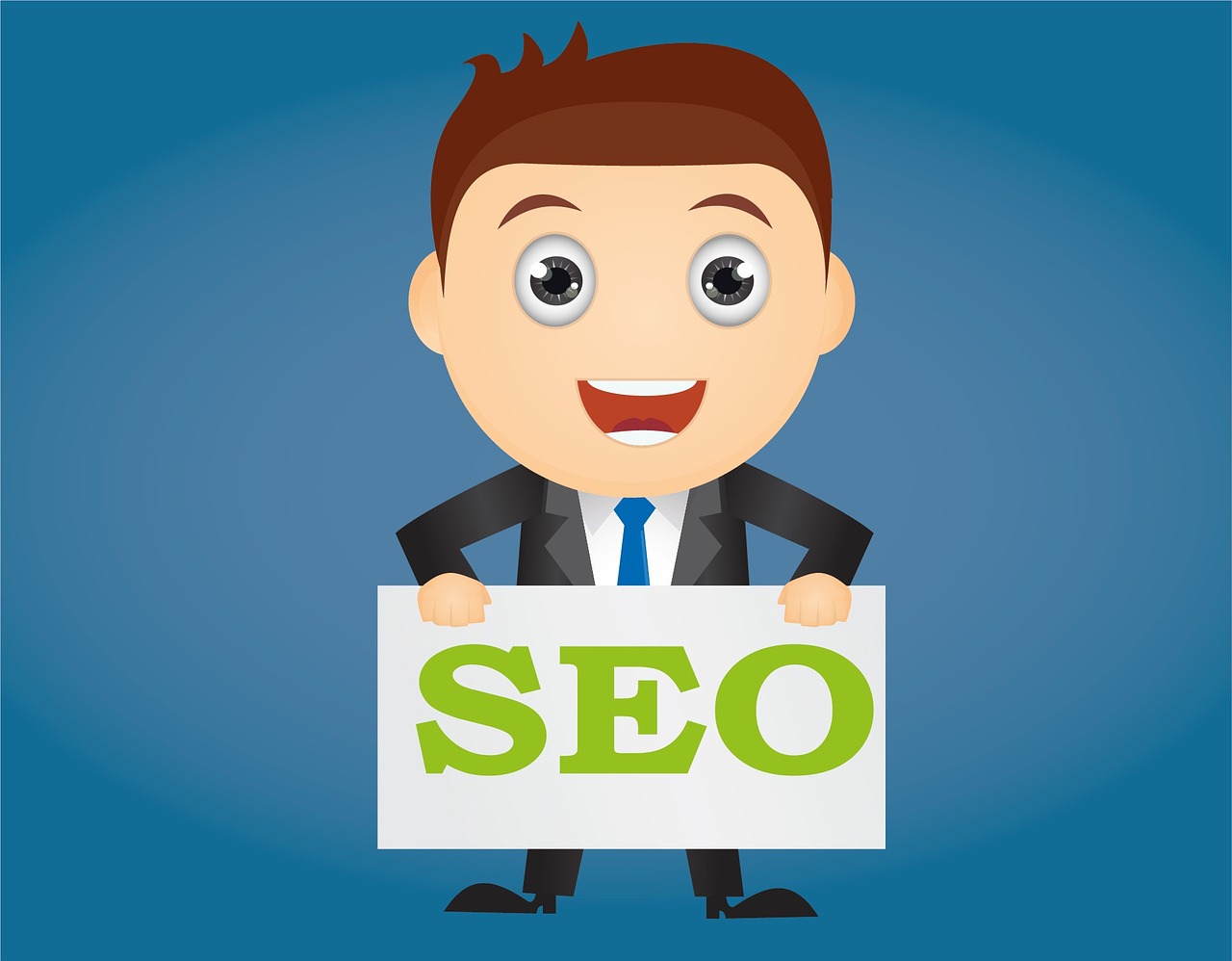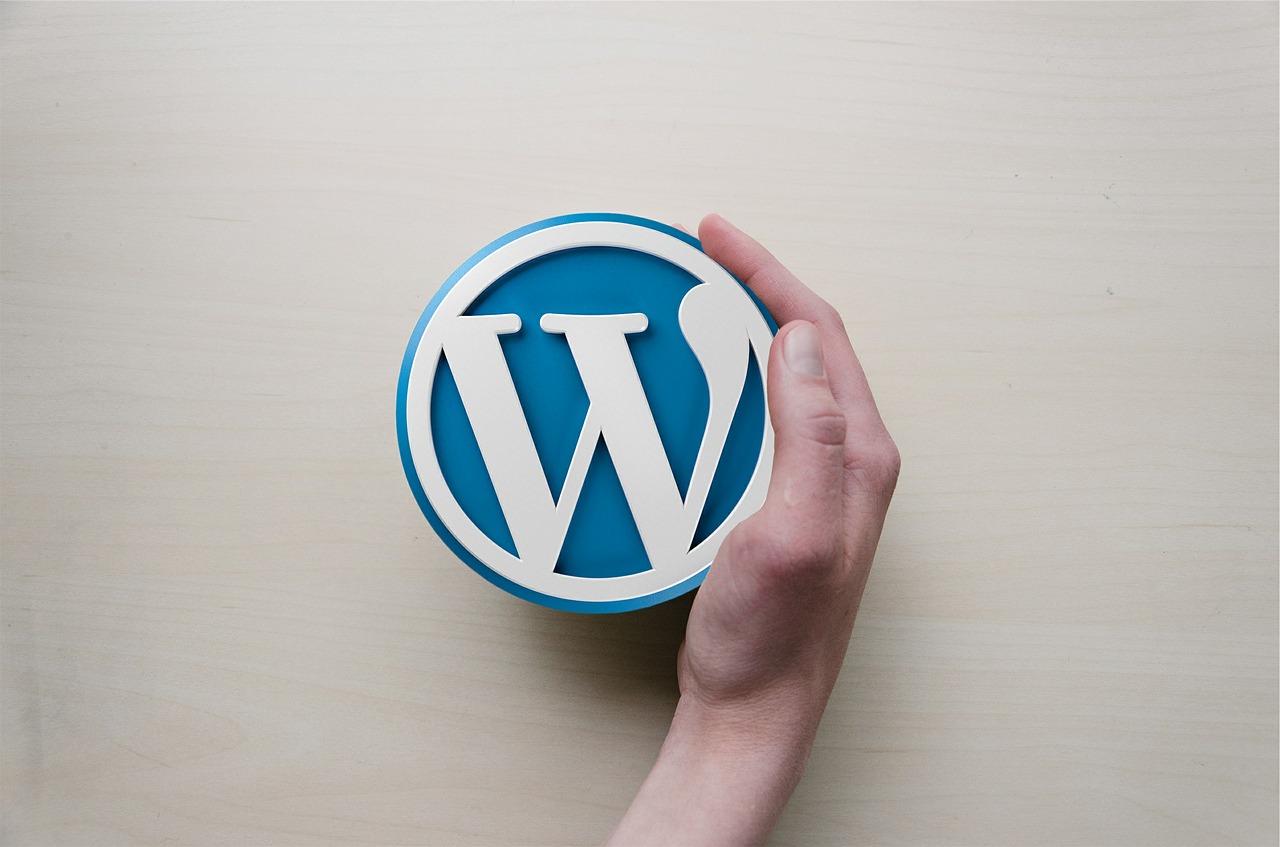In today’s marketplace, you need a website to withstand the competition and grow your business. Regardless of whether you’re promoting a line of hair products, massage therapy or an online casino you’ll need to showcase your product or service.
How do you get started building a website? Which platform should you use? More and more businesses are turning to the WordPress content management system for their business’s website development. WordPress was designed to provide individuals who are not professional web designers with the tools that they need to build a high-quality website. WordPress is known as a CMS that helps you create generic functionality, maintain the system in-house and present an attractive site to your audience.
What are some of the pros and cons of using a WordPress CMS?
What is WordPress?
WordPress is an open-source content management system (CMS) that is based on MySQL and PHP. It’s free to use but before opening a site the user must install it on a web server – either a network host (a computer that runs the software package WordPress.org) or part of an Internet hosting service such as WordPress.com.
The system includes a template system with plugin architecture and a wide variety of features that makes it easy for the website builder to incorporate online stores and payment options within the site.
Why WordPress?
There are a number of reasons that website builders prefer WordPress.
Open Source
One reason that people choose WordPress is that it’s an Open Source platform. That means that developers can use the code that’s already been written and used. They don’t need to start from the beginning with new code or even modify the existing code. Developers share codes with each other to save time and money since there’s no need to write or implement a new code. It’s easy to modify, use and distribute the code with no subscription or licensing fees.

Simplicity
You don’t need to have any understanding of technical jargon or possess technical background when you use WordPress. There’s no need to become familiar with programming languages like PHP, HTML or CSS etc. Everything is click and use, giving you easy set-up, update and managing tools.
Updates and other Modifications
WordPress updates the system so that you have automatic updates to the most up-to-date web-building tools on the market. You can add and delete pages, change color schemes, change designs and make other alterations without hiring technical assistance. There’s no code either. You save time and money by bypassing the need for a special designer or developer.
Plugins
There are over 45,000 plugins that enhance almost every functionality. There are plugins to enhance the SEO, to help you analyze your site visits, to set up contact forms, to build your store and more. To use these plugins you simply install the respective plugin and immediately that functionality will be available for your site.
Rapid Development
You’ll be able to create and start using a website within days. It will take longer to fully build your site and even longer to tweak the various elements but the basic process of developing a site is straightforward, particular with the drag and drop functionality. You can create full on interfaces, applications and site with the help of APIs slowly, with time.
SEO
It’s fairly easy to manage on-page SEO out of the box with a WordPress site. You can manage the basics of SEO, including the Google analytics codes, without any coding.

In addition, the search engines like word press sites because they’re easy to crawl due to their simple framework and link structure. Search engines are familiar with these types of sites so it’s easy for the search engine spiders to find these web pages, rank them and index them.
Why Not WordPress?
Many businesses choose to NOT build their site with WordPress. Why not?
Some of the main reasons include:
Open Source
Yes, the fact that WordPress is an Open Source platform was listed as a plus. But it can also be problematic. As an Open Source platform, it’s more susceptible to hacking and other types of cyber attacks. WordPress sites are also targeted by hackers for exactly that reason. Because the code that is used was written by WordPress coders, it might contain a malicious code or bud that might hinder the functionality of the site.
Speed
WordPress sites are notoriously slow. The high number of generic codes and plugins that incorporate functionality into the site decrease loading time and make the site respond more slowly. This causes site visitors to leave the site and find a site that loads more quickly. Many business owners decide that it’s worth their while to invest in a higher performing host which involves using a web developer.
Plugins
The high number plugins also affects the site’s response time. Site owners utilize plugins to increase a site’s functionality but too much of a good thing isn’t a good thing anymore. If you do have a WordPress site you can mitigate the effect of these plug ins by uninstalling old plugins that you don’t need any more as new plugins arrive with new updates.
Updates
It’s good that WordPress makes frequent updates available but these updates often impair a section of the site that, up until the update, was working correctly. For instance, a WordPress update may provide you a new plugin for automatic sign-up but you may find that your shop payment function isn’t working properly. Again, when updates occur, go through your site and remove old, outdated plugins. Also, make sure that you always have a backup of your site so if an update changes something you can restore the previous version.
Database
WordPress uses MySQL as a database backend. This platform isn’t as secure as databases that you build with a developer and is thus susceptible to cyber attacks and hacking.
There are both advantages and disadvantages to using WordPress. Most people who maintain websites feel that the advantages outweigh the disadvantages thanks to the platform’s ability to mix various frameworks for the purpose of growing a business.

